Opole
8.44
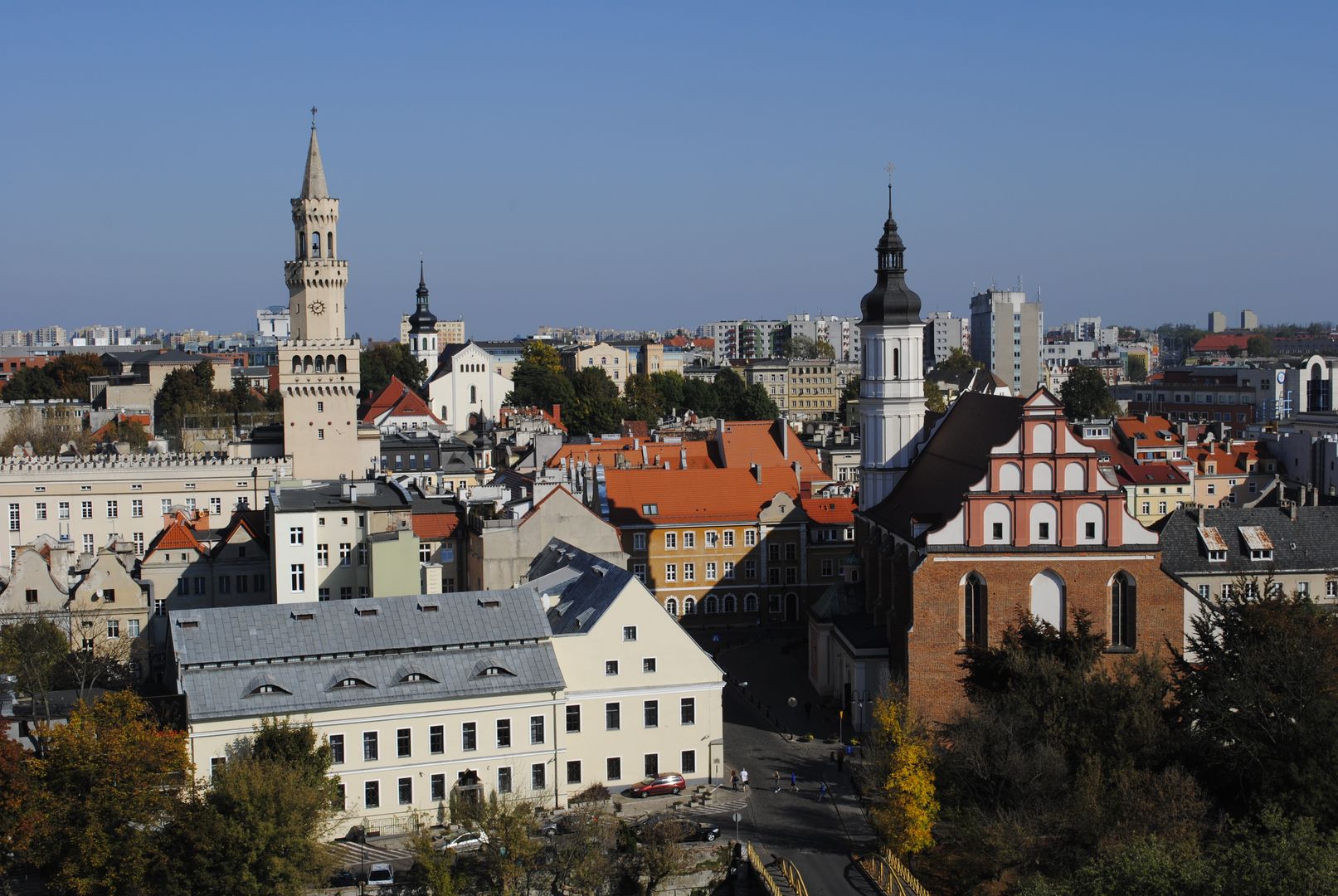
Overview
Opole is one of the oldest cities in Poland, boasting a rich history and cultural significance. Founded before 1217 by Casimir I of Opole, the city became the capital of Upper Silesia and an important trade center during the Middle Ages and the Renaissance, thanks to its strategic location on trade routes. In the 19th century, after the establishment of the Opole Government Region, the city underwent intense industrialization, and during the communist era (PRL), its population more than tripled. Opole is the capital of the Opole Voivodeship and the seat of Opole County.
Architecturally, noteworthy sites include the 15th-century Cathedral Basilica of the Holy Cross, known for the tombs of the Silesian Piasts, and the Holy Trinity Church with its Baroque interior. A particular attraction is the Piast Tower, the only remaining part of the Piast Castle. The city is also famous for its rich cultural offerings, headlined by the National Festival of Polish Song, held annually since 1963, which has earned Opole the title of the capital of Polish song. Other significant events include the International Percussion Festival and the Opole Theater Confrontations.
The city is home to numerous cultural institutions, including theaters, a philharmonic, and several museums, such as the Museum of Opole Silesia and the Opole Village Museum. Situated on the Oder River, Opole abounds in green and recreational areas, as well as numerous canals and islands, making it an attractive destination for nature lovers. It is also worth noting that the city is known for its diverse flora and fauna, with protected areas and natural monuments within its boundaries.
Interestingly, Opole has been the site of numerous historical events, such as medieval battles and pivotal moments in Polish history. In 2017, the city expanded its administrative borders by incorporating surrounding villages, highlighting its dynamic growth and importance on the map of Poland. Opole also boasts a vibrant academic life, with universities and higher education institutions attracting young people. As a regional center, ethnically and culturally diverse, Opole remains an important point on Poland's map.
Trip Plans
Location
Tickets
Powered by GetYourGuide
You can also find here:

The Opole Village Museum in Opole
8.16

Central Museum of Prisoners of War
7.7
Opole
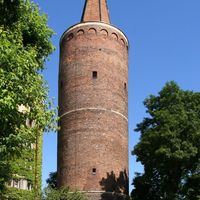
Piast Tower in Opole
7.1
Opole

Opolskie Zoo
7.01
Opole
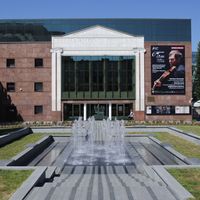
Opolska Philharmonic
6.94
Opole
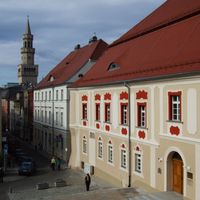
Museum of Opole Silesia in Opole
6.8
Opole

Chmielowice
6.78
Opole

Cathedral of the Holy Cross in Opole
6.78
Opole
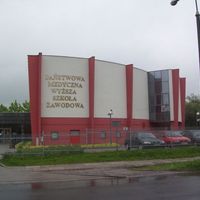
State Medical University of Applied Sciences in Opole
6.67
Opole
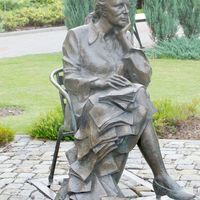
Monument to Agnieszka Osiecka in Opole
6.46
Opole
2026 Wizytor | All Rights Reserved